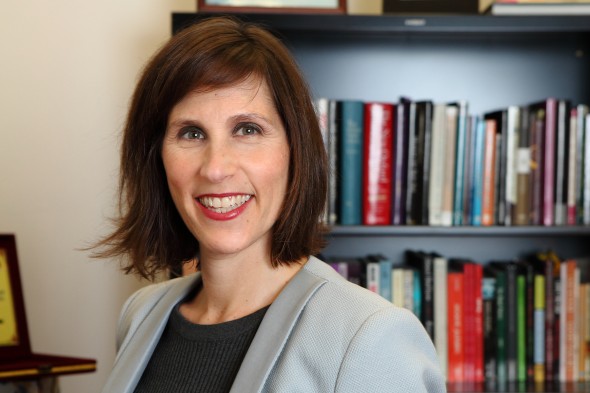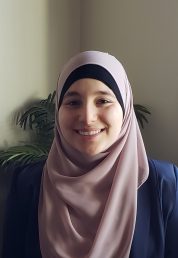Despite pandemic, UIC Freshwater Lab interns expand hands-on experience

UIC students and recent graduates participating in the new Freshwater Lab Internship course are continuing their internship programs over summer, despite the unusual circumstances of spring semester.
The pandemic didn’t hinder the success of the debut of the Freshwater Lab Internship course this spring. All 20 students enrolled in the course were placed in internships for five weeks after spring break with their work completed entirely online. Eighteen students are continuing their work into summer 2020.

“I started the Freshwater Lab in 2015 to focus on water issues and the future around the Great Lakes, but also because we were starting to see a water crisis in our city and country on the rise,” said Rachel Havrelock, director of the Freshwater Lab and associate professor of English.
The internship course allows students to get hands-on experience related to water or environmental issues such as water policy, research, environmental writing and communication.
The students maintained an optimistic attitude when work moved online and felt accomplished to have been able to continue their internships.
Deana Kittaneh, a junior in public policy, is interning remotely at the Center for Neighborhood Technology.

“I have been focusing on green stormwater infrastructure in affordable housing and other mechanisms to make affordable housing resilient in the event of natural disasters and severe weather events,” Kittaneh said. “My primary goal is to find information and synthesize it for my internship team.”
Nathaniel Wright, a recent grad in English and psychology, is interning with Food and Water Watch Illinois.
“Basically, they are an interstate organization across America that looks at communities that have access to food or water issues,” Wright said. “I send out lots of emails, text messages to get the word out about petitions and get signatures on things to ask state legislators.”
Through the course, the class continued to meet on Zoom to discuss water issues as well as hear from guest speakers like Chicago Tribune environmental reporter Tony Briscoe and Frank Ettawageshik, executive director of the United Tribes of Michigan.

“That was super exciting for me because I was a little bit fangirling because (Briscoe) writes really good articles,” said Abigail Kremer, a senior in English who is interning with the Environmental Law and Policy Center.
“Frank Ettawageshik taught us about water from a scientific, cultural, and humanistic standpoint,” Kittaneh added.
Havrelock looks forward to more successful semesters that can include field trips to local bodies of water and infrastructures and meeting water leaders.
“So many people who have come from the lab have continued to be so impressive, and I always joke that eventually, freshwater alums are going to run water in this town,” Havrelock said.
